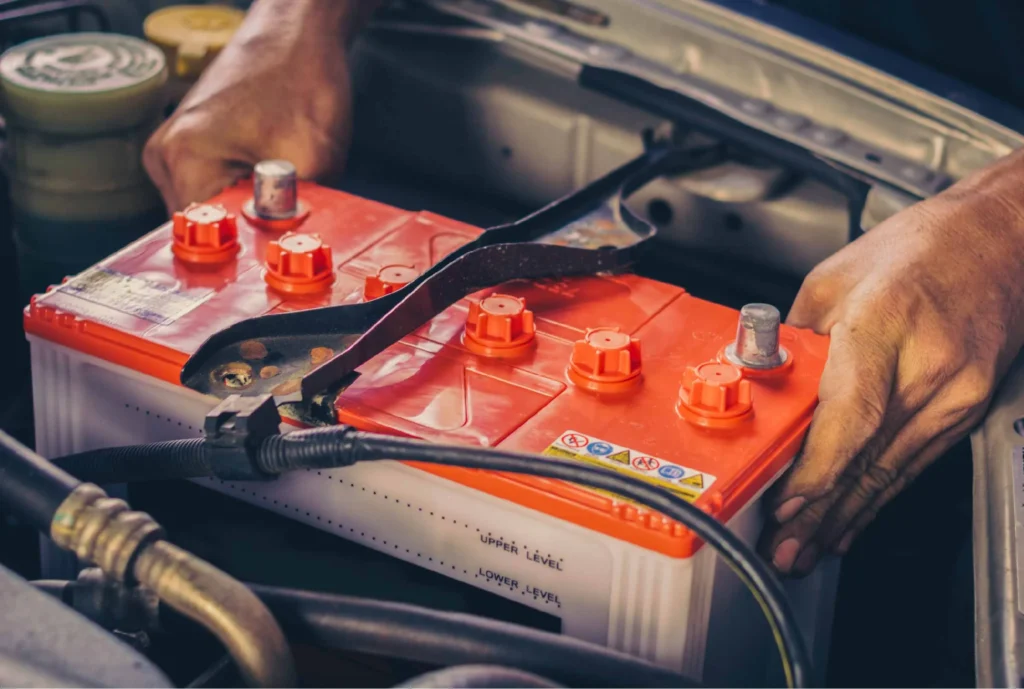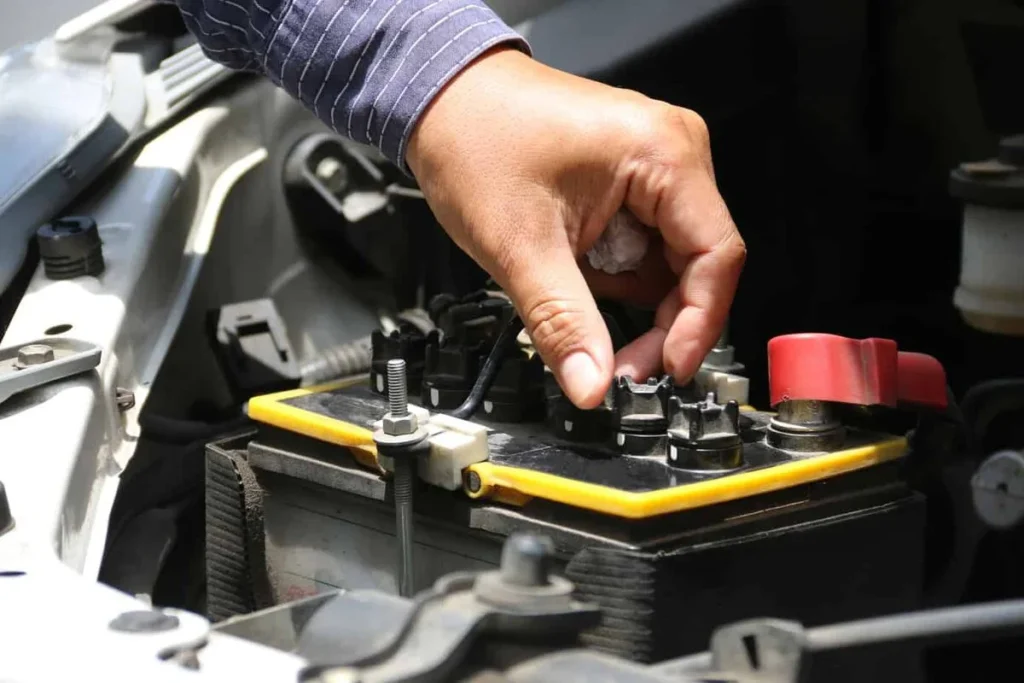In the automotive industry, batteries are a crucial component, powering everything from ignition systems to in-car electronics. However, they also pose significant safety risks if not handled, stored, and disposed of properly. When discussing automotive batteries in a retail context, such as at Walmart, it’s essential to understand the hazard classifications that govern their handling and sale. This article delves into the specific hazard class of automotive batteries, the regulations surrounding them, and how Walmart manages these risks to ensure customer safety.
Hazard Classification of Automotive Batteries
What is Hazard Classification?
Hazard classification refers to the systematic categorization of substances based on their potential risks to health, safety, and the environment. This system is integral to the safe handling, storage, and transportation of hazardous materials. In the context of automotive batteries, hazard classification is determined by the chemicals and materials used in the batteries, as well as the potential risks they pose.
Automotive Batteries and Their Hazard Class
Automotive batteries, particularly lead-acid batteries, are classified under Class 8: Corrosive Substances in the hazardous materials classification system. This classification is due to the presence of sulfuric acid, a highly corrosive substance that can cause severe damage to skin, eyes, and other materials upon contact. Additionally, lead, which is toxic and environmentally harmful, is another component that contributes to this classification.
- Class 8: Corrosive Substances: This class includes materials that can destroy or irreversibly damage living tissue and other materials on contact. Automotive batteries fall into this category due to their acidic content.
- Environmental Hazard: Automotive batteries are also considered an environmental hazard because of the lead and other toxic substances they contain. Improper disposal may lead to soil and water pollution.
Walmart’s Approach to Handling Automotive Batteries
Safety Protocols for Storage and Handling
Walmart, as a major retailer of automotive batteries, adheres to strict safety protocols to manage the risks associated with these products. The company follows the guidelines set forth by regulatory bodies such as the Occupational Safety and Health Administration (OSHA) and the Environmental Protection Agency (EPA).
- Proper Storage: At Walmart, automotive batteries are stored in well-ventilated areas to prevent the accumulation of harmful gases. They are also kept in specialized containers that are resistant to corrosion and designed to contain any potential leaks.
- Handling Procedures: Walmart employees are trained in the safe handling of automotive batteries, including the use of personal protective equipment (PPE) such as gloves and safety glasses. These measures are critical in preventing contact with the corrosive substances within the batteries.
Transportation and Disposal Regulations

Walmart also complies with regulations regarding the transportation and disposal of automotive batteries. The U.S. Department of Transportation (DOT) classifies automotive batteries as hazardous materials, requiring special labeling, packaging, and documentation during transport.
- Transportation: Automotive batteries must be securely packaged to prevent short-circuits, leaks, or other hazards during transit. Walmart ensures that these products are transported following DOT regulations to mitigate the risk of accidents.
- Disposal and Recycling: The disposal of automotive batteries is regulated by the EPA, which mandates that these batteries be recycled rather than discarded in regular waste. Walmart provides battery recycling services, encouraging customers to return used batteries for proper disposal. This service not only complies with environmental regulations but also reduces the environmental impact of hazardous materials.
Customer Safety and Awareness
Educating Customers

Walmart places a strong emphasis on educating customers about the safe handling, use, and disposal of automotive batteries. This is achieved through clear labeling on products, in-store signage, and information provided at the point of sale.
- Product Labels: Automotive batteries sold at Walmart are clearly labeled with hazard warnings, including information about the corrosive nature of the contents and the importance of proper disposal.
- In-Store Signage: Walmart stores often feature signage in the automotive section that informs customers about the dangers of mishandling batteries and the availability of recycling services.
Recycling Incentives
To further promote safe disposal, Walmart offers incentives for customers who return their used automotive batteries for recycling. This initiative not only helps to keep hazardous materials out of landfills but also reinforces the importance of responsible battery disposal.
- Core Charges: Many states require a core charge on the sale of new automotive batteries, which is refunded when the old battery is returned. Walmart participates in this program, making it easy and financially beneficial for customers to recycle their batteries.
Conclusion
The Importance of Hazard Classification and Safety Compliance
Automotive batteries, classified under Class 8: Corrosive Substances, pose significant hazards that require careful handling, storage, and disposal. Retailers like Walmart play a crucial role in managing these risks by adhering to stringent safety protocols and educating customers on the importance of proper battery disposal. By following these guidelines, Walmart not only ensures the safety of its customers and employees but also contributes to environmental protection efforts.
